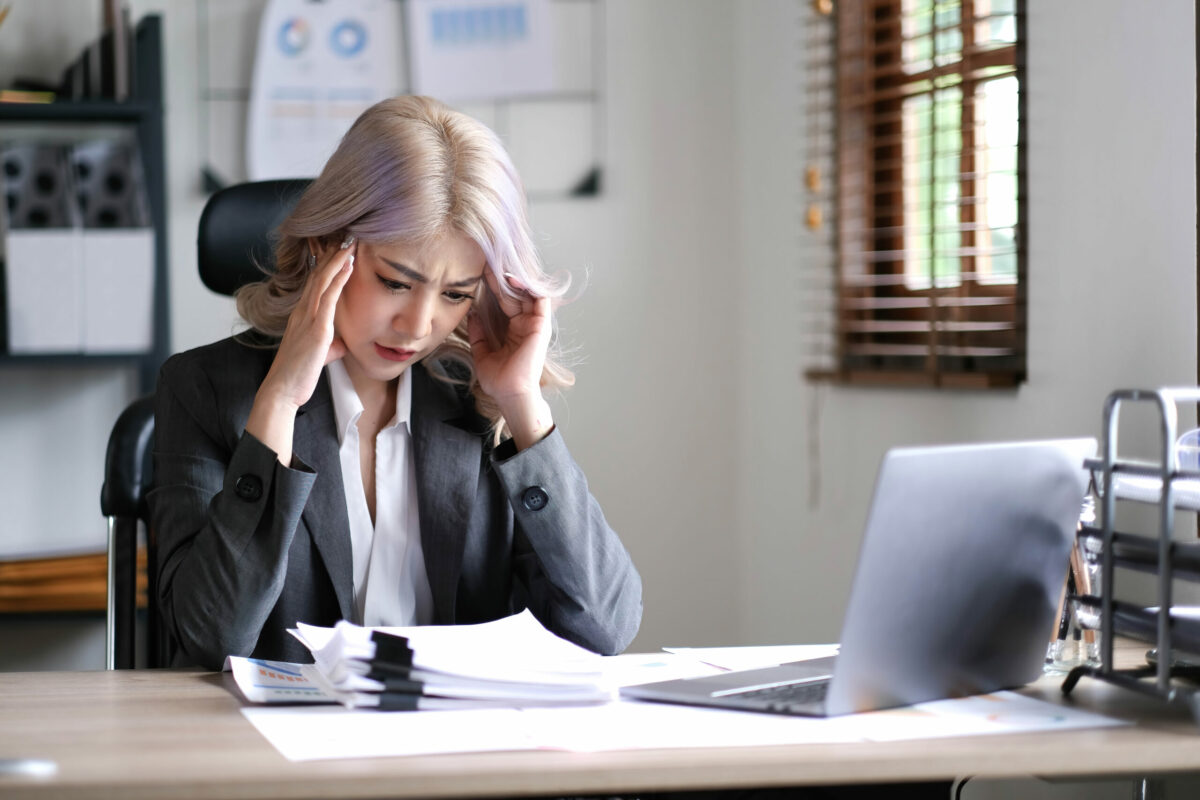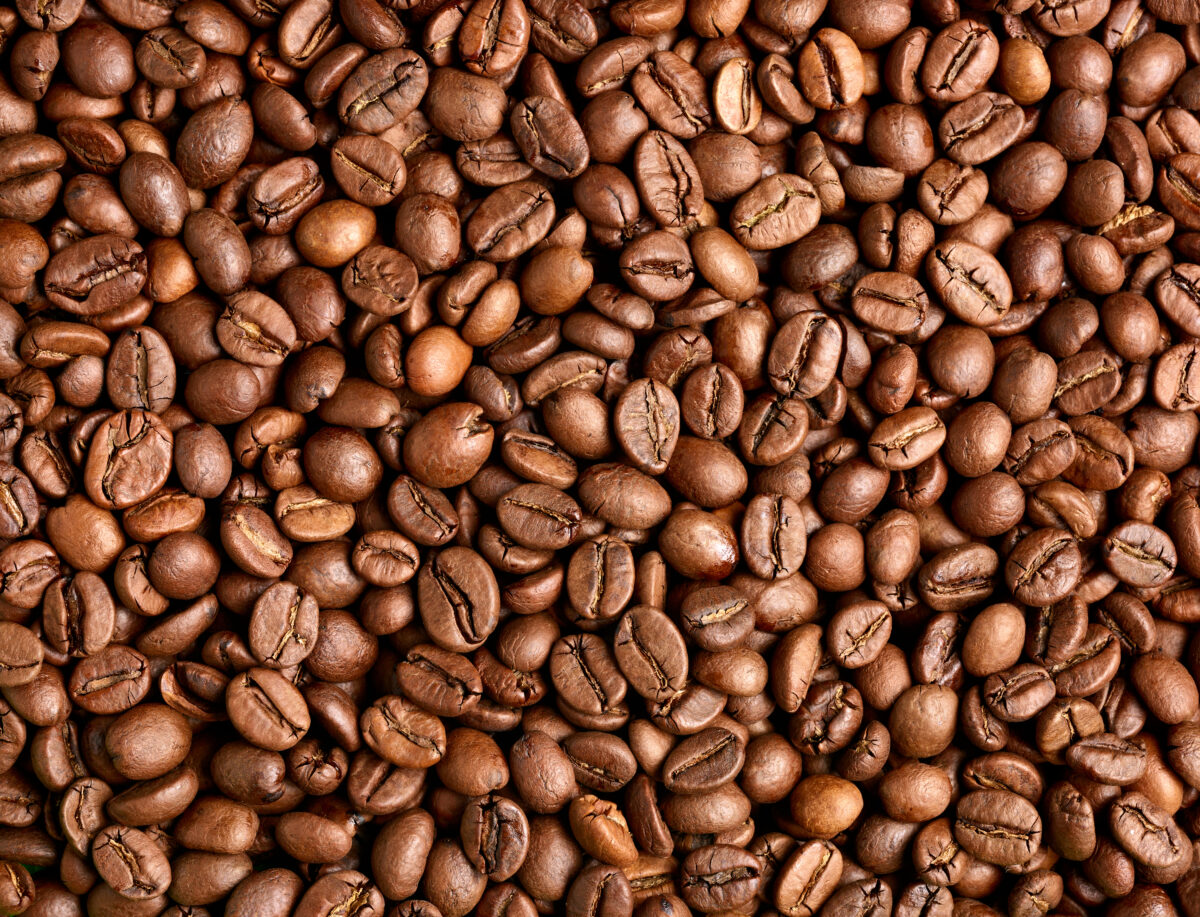There are headaches that may occur due to several factors. Examples include:
- Health conditions (such as migraine, hypertension, and others)
- Mental or mood disorders (including anxiety, depression, and others)
- Physical stress (such as wrong eyeglass prescription, loud noise exposure, lack of sleep, and others)
While some headaches may last for hours, in some severe cases a headache may last for days or even more. Symptoms that you experience depend on the headache that occurs. In this document, we will talk about headache types, symptoms, and remedies.
Types of Headaches
In most cases, a headache appears due to physical or mental overactivity. Check below some examples of headaches:
Migraine
It is a type of neurological disease that provokes a severe pulsing sensation. Commonly, it appears on one side of the head and can negatively affect children and adults. However, after puberty, women are more affected by migraine than men. Check below the stages of migraine:
- Prodrome occurs one or two days before the migraine and it is the earliest stage. Constipation, frequent yawning, neck stiffness, depression, and euphoria, are the common symptoms.
- Aura occurs before or after a migraine attack and it is a reversible symptom of the nervous system. Weakness, numbness, or vision loss are symptoms in this phase. Moreover, difficulty in speaking or hearing may occur.
- Attack occurrence fluctuates among people and lasts for 4-72 hours. Pain, light sensitivity, nausea, and vomiting are the symptoms.
- Post-drome usually changes mood and feeling and you may feel drained out. Additionally, some sudden head movements may bring the pain back.
Cluster Headaches
This type of headache usually lasts from 15 minutes to 3 hours. Pressure or headache behind the eye may occur that causes redness, flushing, sweating, and swelling of the face. Cluster headaches usually affect men in their 20s. These headaches commonly appear more times during the day. However, physicians are not sure about the cause of cluster headaches. Oxygen therapy and local anesthetic are some remedies to relieve pain.
Sinus and Allergic Headaches
In most cases, sinus infections can cause headaches. This type of headache usually occurs around your forehead, cheeks, and eyes. Check below some symptoms:
- Cough or congestion
- Loss of smell
- Stuffy nose
- Facial pressure or pain
- Breathing problems
- Fever
- Dental pain
- Fatigue
The average duration of headache is two weeks.
Hormonal Imbalance Headaches
This type of headache occurs mostly in women. Commonly, menstruation, birth control pills, pregnancy, and estrogen levels provoke headaches. Check below some symptoms:
- Tiredness
- Appetite changes
- Joint pain
- Lack of coordination
- Acne
- Constipation
- Alcohol, salt, or chocolate cravings
In addition, physical activities such as yoga and acupuncture can help to prevent these headaches.
Caffeine Headaches
The blood flow to our brains is affected by caffeine. If you consume too much caffeine daily and suddenly quit it can provoke a headache. However, not everyone who quits suddenly caffeine may experience a headache.
Exertion Headaches
The common triggers for this type of headache are sexual intercourse, running, and weight lifting. It usually does not last long and disappears in a few minutes or hours.
Hypertension Headaches
This type of headache occurs on both sides of your head and it is caused by high blood pressure (hypertension). It usually worsens with activity. Numbness, tingling, vision changes, nosebleeds, or shortness of breath are the common symptoms. If you experience any of the previous symptoms, it is advised to talk with a doctor because this headache does not occur without high blood pressure.
Rebound Headaches
Overuse of over-the-counter (OTC) medications is the factor that provokes this type of headache. Check below some examples of medicines:
- Naproxen
- Ibuprofen
- Acetaminophen
- Aspirin, and others.
To treat this rebound headache, it is advised to interrupt using OTC medicines.
Post-Traumatic Headaches
These headaches occur when an individual gets an injury on the head. This leads to this type of headache. A chronic headache usually lasts for 6 to 12 hours. In addition, healthcare providers usually prescribe beta-blockers or Triptans to treat this condition.
Hangover Headaches
Alcohol misuse commonly provokes headaches the next day. These headaches usually appear on both sides of the head, which elevate with the body movement. Consuming sugary foods and drinking plenty of water can help to lessen this type of headache. Additionally, some OTC medicines also can help including Sumatriptan.
Frequently Asked Questions
Are available home remedies for headaches?
Yes, you can try the following remedies to lessen your headache. For example:
- Relaxation
- Get some caffeine
- Drink water
- Do not chew
- Dim the lights
- Try to decrease pressure on your scalp or head
- A hot compress or heating pad also may help
How many people suffer from headaches?
Approximately half of the population experience this problem. Fortunately, a wide range of treatments are available to cure this condition.
What are the remedies to treat migraines naturally?
Migraine is a severe headache and you may notice nausea or intense pain during this condition. Check below some natural options to treat migraines:
- Drink plenty of water
- Yoga
- Consume ginger
- Apple peppermint oil
- Try acupuncture
- Use lavender oil
- Avoid junk foods




